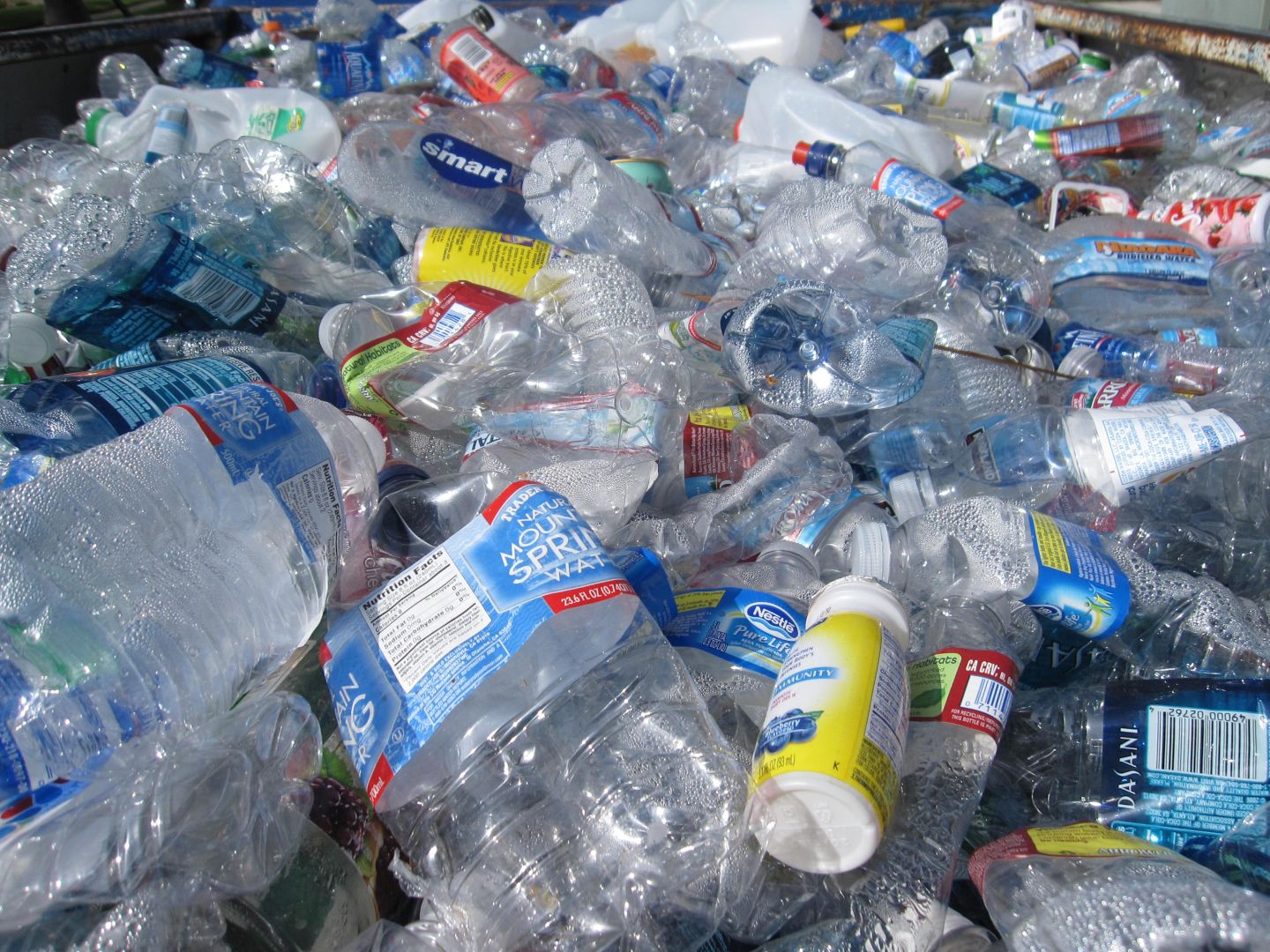The Center for Biological Diversity For Immediate Release, August 18, 2021
Contact: Julie Teel Simmonds, Center for Biological Diversity, (619) 990-2999, jteelsimmonds@biologicaldiversity.org Sharon Lavigne, RISE St. James, (225) 206-0900, sharonclavigne@gmail.com Anne Rolfes, Louisiana Bucket Brigade, (504) 452-4909, anne@labucketbrigade.org Decision Follows Lawsuit, Permit Suspension, Public Pressure
WASHINGTON— The U.S. Army Corps of Engineers announced Wednesday it will require a full “environmental impact statement” for the massive petrochemical complex Formosa Plastics proposes to build in St. James Parish, Louisiana. The decision is a major victory for opponents of the plant, who sued to block the project in January 2020 and convinced the Army Corps to suspend its permit last fall.
Wednesday’s announcement means the Army Corps will now do a complete analysis of the public health, environmental, climate, environmental justice and cultural impacts of what would be one of the world’s biggest plastic-making plants. Plaintiff groups representing the Black and low-income communities affected by the project — from an already polluted industrial corridor known as Cancer Alley or Death Alley — have long said a proper environmental review would show the project should never be built.
“The Army Corps has finally heard our pleas and understands our pain. With God’s help, Formosa Plastics will soon pull out of our community,” said Sharon Lavigne with RISE St. James, who earlier this year was awarded the Goldman Environmental Prize for her work defending her community from petrochemical polluters. “Nobody took it upon themselves to speak for St. James Parish until we started working to stop Formosa Plastics. Now the world is watching this important victory for environmental justice.”
RISE St. James, Louisiana Bucket Brigade and Healthy Gulf were represented in the litigation over this permit by the Center for Biological Diversity. Local opponents of the project have been aggressively dismissed, arrested and publicly criticized over their work to stop this project, which received huge taxpayer subsidies from the state.
“Today’s announcement is the ultimate David v. Goliath victory,” said Anne Rolfes, executive director of Louisiana Bucket Brigade. “We were not scared of Formosa Plastics and its $9 billion project, or the fact that our governor has been cheering for Formosa all along. St. James Parish residents are the ones who have shown leadership and wisdom. What the Corps has done today is common sense. Of course one of the biggest plastics plants in the world should require an environmental impact statement. Our state and federal officials should have demanded it from the outset. I am hopeful that this is the nail in the coffin of Formosa Plastics in St. James Parish. And don’t try to build somewhere else. Pack up and go home.”
The proposed facility would emit 13.6 million metric tons of greenhouse gases each year, the equivalent of 3.5 coal-fired power plants. It will also produce 800 tons of toxic air pollutants annually, doubling air emissions in St. James Parish, to produce plastic for single-use packaging and other products. Recent studies have linked exposure to air pollution with higher COVID-19 death rates. It’s one likely factor in the disease’s disproportionate impact on Black Americans.
The lawsuit sought to invalidate Clean Water Act permits issued by the Army Corps in 2019. It asserted that officials violated federal laws in approving the destruction and damage of wetlands, which help protect the region from hurricanes that are intensifying with climate change. The Corps also ignored the water, air, climate, and health impacts of the complex and failed to properly evaluate and protect burial sites of enslaved people discovered on the property.
“This long-overdue review will show the unacceptable harm Formosa Plastics’ massive petrochemical complex would inflict on this community, our waterways, and our climate,” said Julie Teel Simmonds, a senior attorney at the Center. “This terrible project shouldn’t have been rubber-stamped and it should never be built. Climate action and environmental justice mean we have to stop sacrificing communities and a healthy environment just to make throwaway plastic.”
The growing chorus of project opponents includes the United Nations Office of the High Commissioner on Human Rights, which called the project “environmental racism” in March and urged U.S. officials to reject the project.
Formosa Plastics’ massive proposed petrochemical complex would include 10 chemical manufacturing plants and numerous support facilities, spanning 2,500 acres, just one mile from an elementary school. By turning fracked gas into the building blocks for a massive amount of single-use packaging and other wasteful plastic products, the project would worsen climate change and the ocean plastic pollution crisis.
Last year Formosa Plastics agreed to pay a record $50 million in cleanup and restoration costs to settle a civil lawsuit after its Point Comfort plant discharged billions of plastic pellets into Texas waterways over many years. That settlement included a commitment to zero future plastic discharges from the Texas plant — a standard that has not been applied to its plant in Louisiana.
The Center for Biological Diversity is a national, nonprofit conservation organization with more than 1.7 million members and online activists dedicated to the protection of endangered species and wild places.
RISE St. James is a faith-based organization working to protect the land, air, water and health of the people of St. James Parish from the petrochemical industry.
The Louisiana Bucket Brigade collaborates with communities adjacent to petrochemical plants, using grassroots action to create an informed, healthy society and hasten the transition from fossil fuels.
Healthy Gulf is a regional nonprofit whose purpose is to collaborate with and serve communities who love the Gulf of Mexico by providing the research, communications, and coalition-building tools needed to reverse the long pattern of over exploitation of the Gulf’s natural resources.
